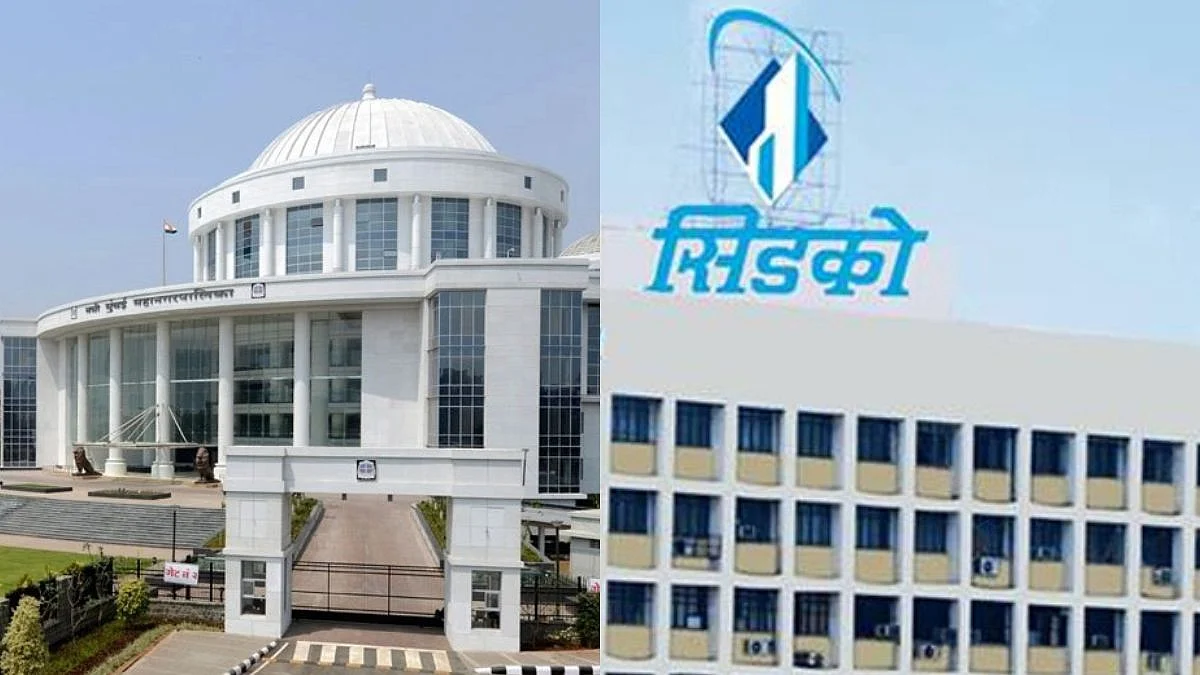Even as the University of Mumbai (MU) wants a halt on new traditional arts-science-commerce and law colleges in the city and the Konkan area, the state recently approved 32 such new institutes in the region. With these additions, the number of MU-affiliated colleges has crossed 900, posing a significant administrative challenge to the university.
Earlier this week, the government greenlighted 231 new degree colleges across the state to start operating from this academic year (2024-25). Most of these institutes will either offer the traditional undergraduate arts, science and commerce courses, including some of their specialised variants, or the three- and five-year law programmes. The approvals fly in the face of the government’s past assertion that it would no longer permit the traditional programmes and would instead promote employment-oriented courses.
Of 32 new colleges under MU, 12 are law colleges and 20 are traditional institutes, most of which have BA, BCom and BSc as well as their common specialisations such as information technology, accounting and finance and mass media and communication on offer. Only a handful of the institutes have been allowed new-age courses such as data science and clinical laboratory science under the conventional nomenclature.
Six of the new institutes are located in the city, while 13 are in the neighbouring Thane district. Palghar, Raigad and Ratnagiri districts have got seven, four and two new institutes, respectively.
While every year, the government is required to declare the list of final approvals to new colleges by June 15 according to the Maharashtra Public Universities Act 2016, the state legislature recently passed an amendment to the law to increase the deadline by a month to July 15. The delay in approvals may affect the enrollment at the traditional colleges, as most of the existing institutes have already begun the classes for the first year.
The list of new colleges stands in contrast to the varsity’s perspective plan for 2024-25, which had provided for 17 new colleges in the area under its jurisdiction, 16 of which were expected to offer various vocational programmes instead of the traditional ones. There was no provision for even a single law college.
The plan reflected the priorities of the varsity administration, which feels that the university is already burdened with a large number of traditional and law colleges and that the students are more likely to find employment opportunities through skill-based courses.
However, the government rode roughshod over these concerns and came up with its own perspective plan having 66 slots – 21 of them for law schools, one for a special teacher training institute, one for a design institute and the remaining 43 for arts-science-commerce colleges.
.png)
The varsity, however, remains firm on its priorities. The varsity senate, its highest statutory body, on Saturday approved its perspective plan for the next academic year 2025-26 along the same lines as the previous one. The plan has 15 slots for new colleges, 13 of which are skilling institutes, all of which are located outside the city. While the remaining two are for arts-science-commerce colleges, they were added at the behest of the state.









